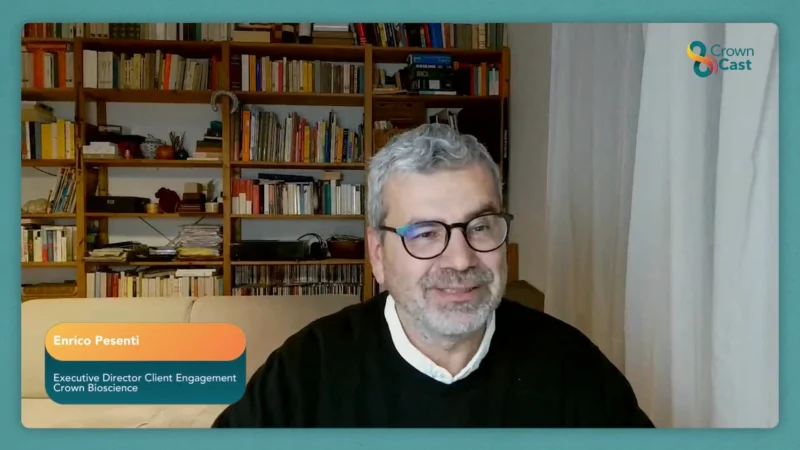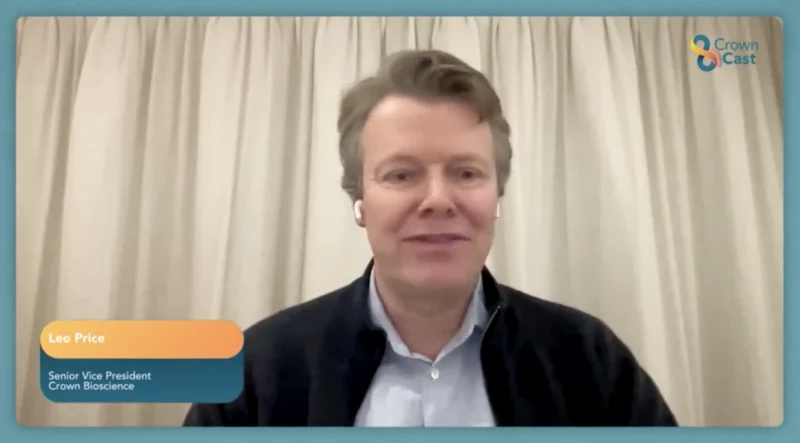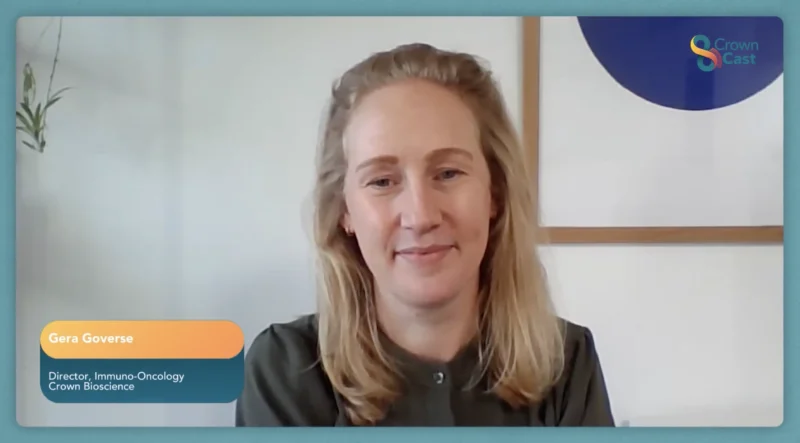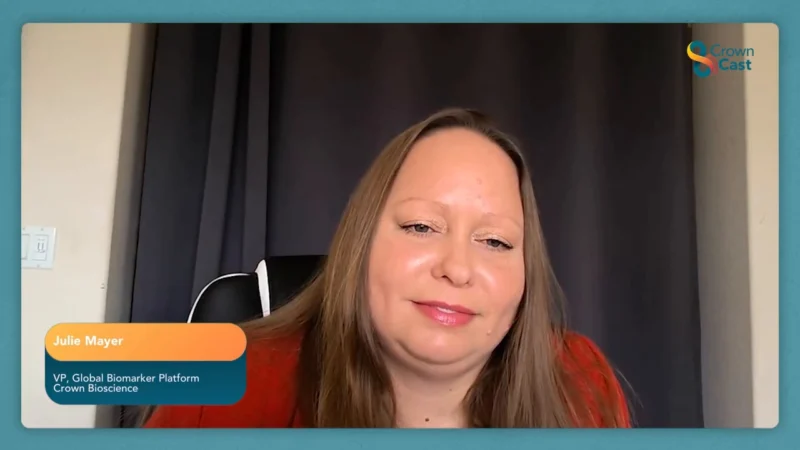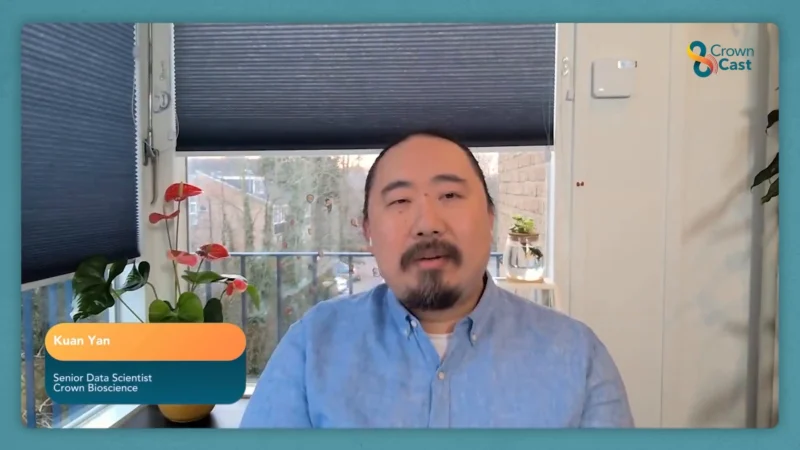
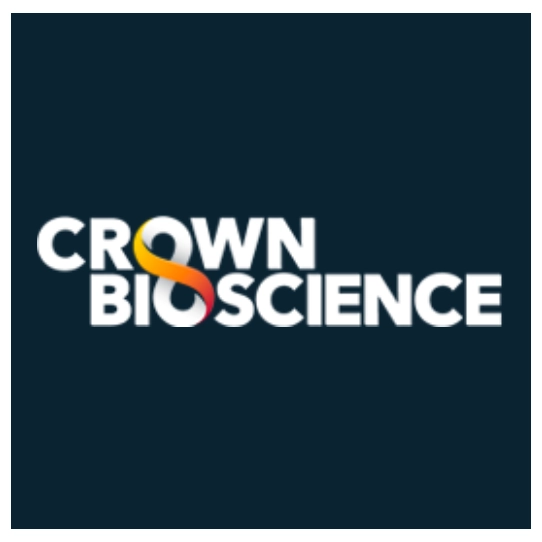
We support drug discovery through translational research across oncology and immuno-oncology.
Crown Bioscience, a JSR Life Sciences company, is a global contract research organization (CRO) dedicated to advancing human health by partnering with biotech and pharmaceutical companies that are at the forefront of drug discovery and development in oncology and immuno-oncology.
Crown BioScience
CrownCast
Inside Oncology Drug Development: Overcoming Resistance with Science
In the last two decades, oncology has undergone a transformation with over 300 new cancer therapies approved by the FDA—many offering novel mechanisms of action. Despite these innovations, resistance to treatment remains a critical challenge, with cancer cells evolving or adapting to evade even the most advanced therapeutics. This issue is particularly pressing given that…
Growing the Future of Cancer Research: Inside the Promise of Organoids
In an era where precision and predictability define the future of oncology, organoid technology is emerging as a transformative tool in drug discovery. These miniature, lab-grown 3D tissues mirror real human biology more closely than traditional 2D models or even animal systems, offering researchers the potential to predict patient-specific drug responses. As organoids become more…
Shaping the Future of Cancer Care Through Immuno-Oncology
In the ever-evolving world of cancer treatment, immuno-oncology (IO) continues to stand at the forefront of innovation. With recent FDA approvals for TIL therapies and bispecific antibodies, and new developments in CAR-T technologies, the field is rapidly expanding into combination-based strategies that integrate with standard care. Researchers are also exploring how to overcome challenges posed…
Evolving Biomarkers: Charting the Future of Precision Medicine
In a rapidly shifting landscape of personalized medicine, biomarkers have become central to shaping the way drug development and clinical trials unfold. From predicting therapeutic response to identifying optimal patient populations, the complexity and scope of biomarker use has increased alongside technological advances. A key success story like the BCR-ABL biomarker in chronic myeloid leukemia…
Exploring Artificial Intelligence in Drug Discovery
Artificial intelligence is rapidly reshaping the drug discovery process, moving from augmenting research to actively driving innovation. As biotech companies face soaring R&D costs and long development cycles, AI promises a breakthrough: slashing drug development time by nearly half while improving accuracy in identifying promising compounds. With global pharmaceutical R&D spending projected to exceed $230…
Pioneering Strategies to Unlocking the Potential of KRAS
Once labeled “undruggable,” KRAS has emerged as one of oncology’s most promising—yet complex—targets. With nearly 90% of pancreatic cancers and 30-40% of lung and colorectal cancers harboring KRAS mutations, the need for effective therapies is urgent. Recent FDA approvals of KRAS G12C inhibitors have signaled a new era, but the rise of resistance and diverse…

